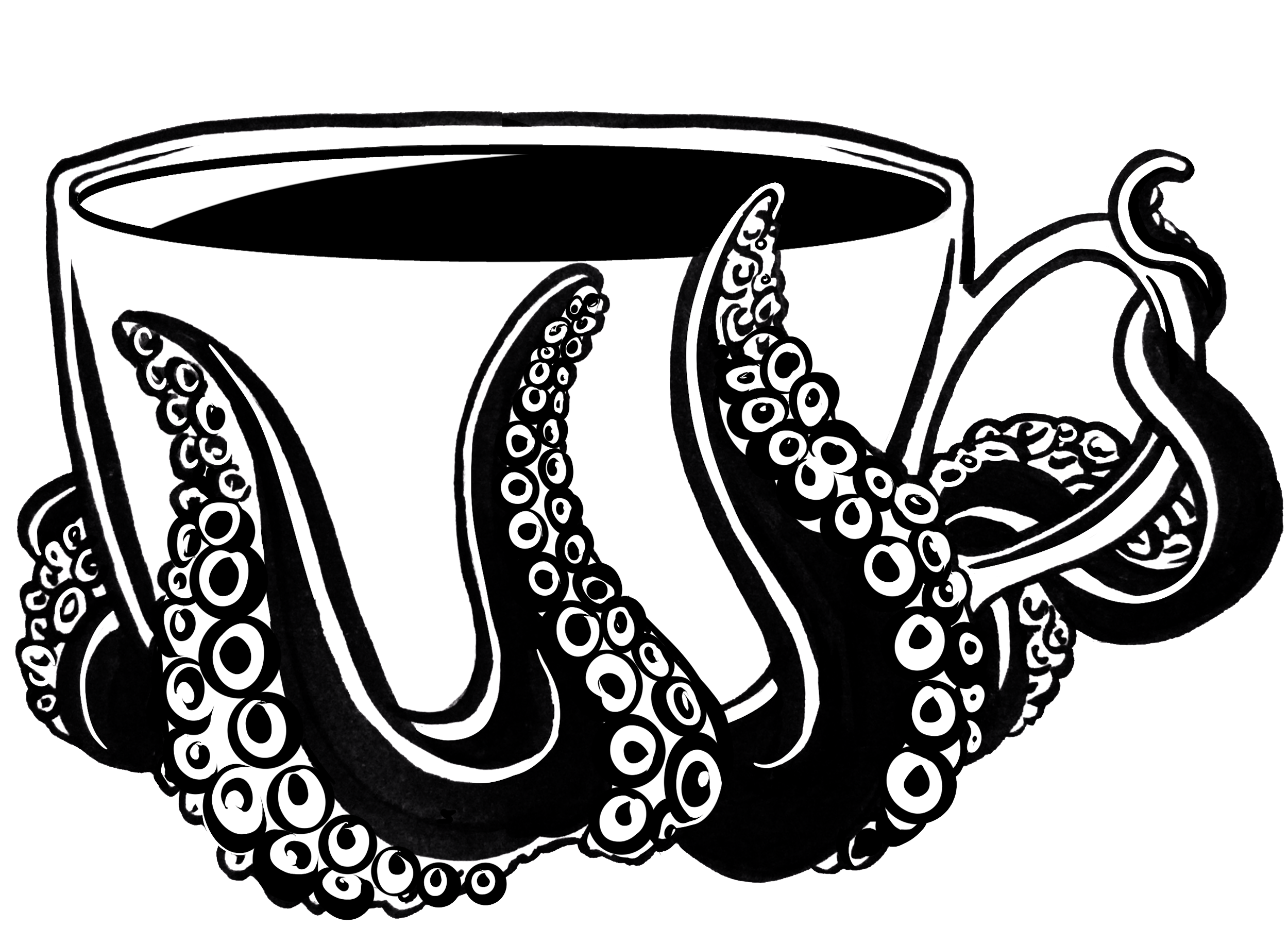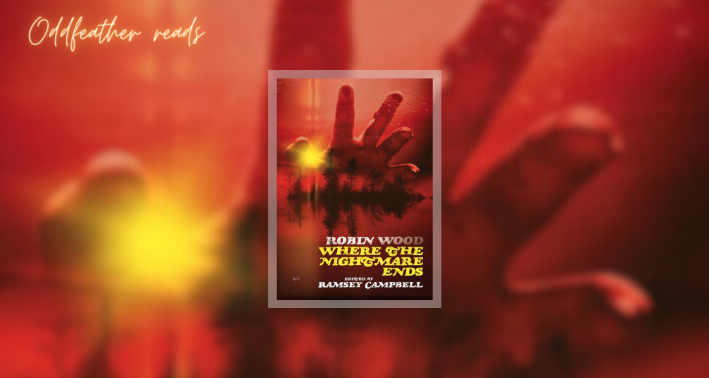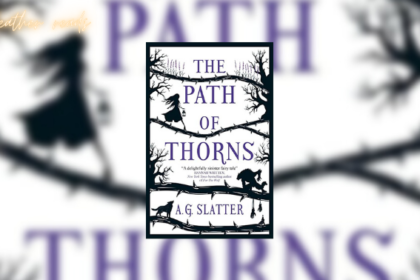Robin Wood’s Where the Nightmare Ends, edited by Ramsey Campbell, is an
exploration of the monstrous upending normality. A time period is not explicit, but
the book adopts certain phrases and social moments set the story in the mid to late
1970s—an era of social and cultural upheaval, particularly among the middle class—
in the tense unravelling of a family on holiday in the Canadian wilderness.
The first half of the story establishes the cast of characters and their flaws and
tensions with each other. These comprise several cishet couples with varying dysfunctionality; a young gay man and a fiercely independent single woman, who
both disrupt the expected order simply by being themselves; and a baby, who is a
cause of conflict and unhappiness, but also represents the inevitable future that is
bearing down on them all.
Through a series of unhappy accidents, this group of people, encapsulating the
messy imperfection of modern life, becomes stranded on an island that 20 years ago
was a sanctuary of perfection for a Christian couple, who hid away from the ‘moral
filth’ of the world but wound up dead. As the group explores the deceased couple’s
house, they discover increasingly strange evidence—though of what, they are not
sure. The sense of normality begins to disentangle. Fear and revulsion descend on the
group, as the legacy of the island’s previous inhabitants becomes increasingly clear.
Where the Nightmare Ends is a story about monstrousness, where it can come
from and what it can look like, and its relation to our ideas of perfection. It’s also a
story about the future meeting the past, and what becomes of repressed things, how
ideas of what should be warp into what is, particularly in the context of family and
expected societal roles.
This novel is an excellent showcase of short-form horror. It brings together
recognisable elements of the genre from prose and screen, forming a definitive story
about the danger of rejecting change and imperfection—in favour of a fantasy that
hides darkness and creates monstrosities. Where the Nightmare Ends is a perfect
metaphor for fearing cultural and social change between generations.
This review first appeared in Aurealis magazine, issue #165.





